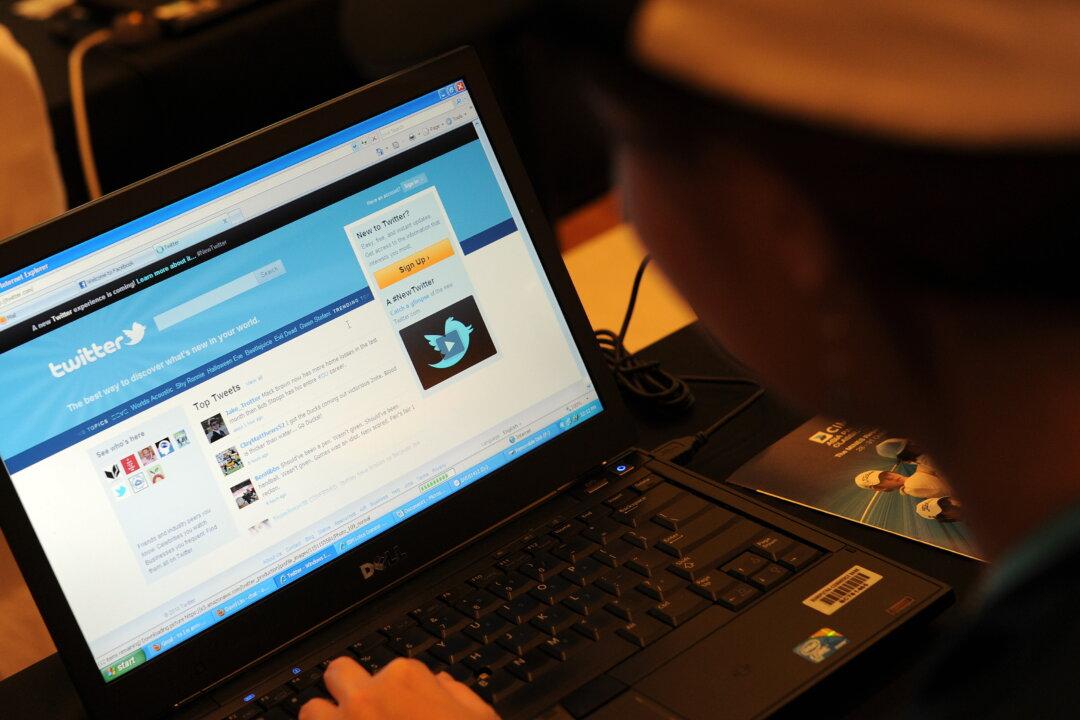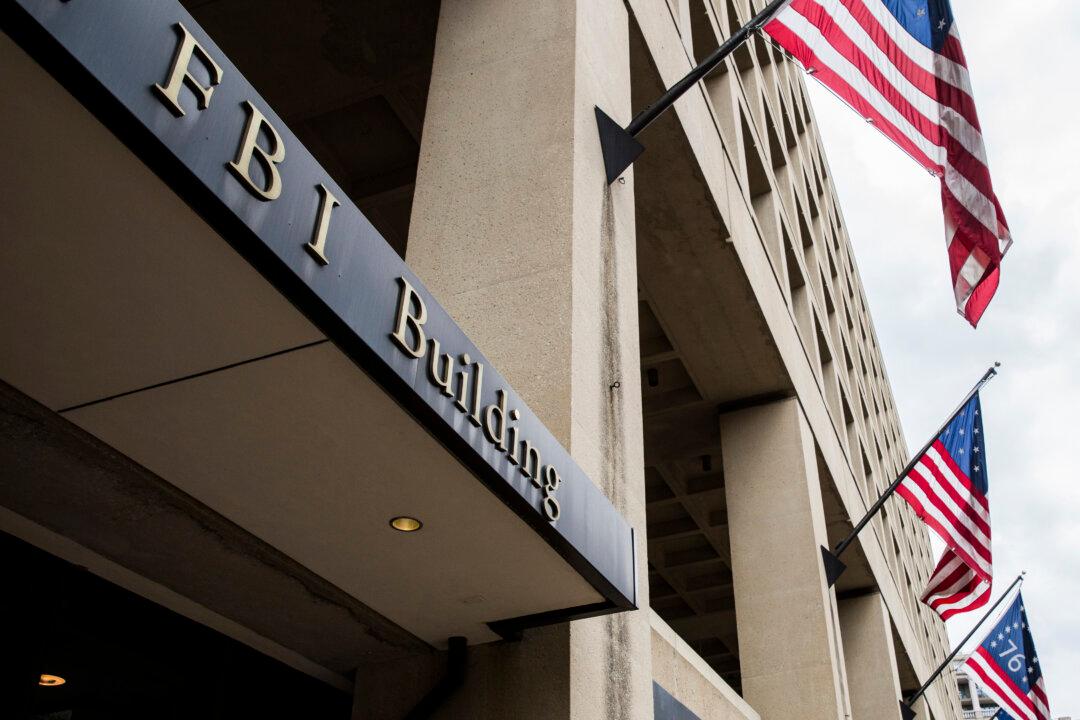There are fresh concerns the Chinese regime is censoring social media users who upload posts containing politically sensitive messages.
Some activists in mainland China have complained that in recent months their Twitter accounts were hacked into. Others claimed Chinese authorities even contacted activists and pressured them into deleting their posts on Twitter.





